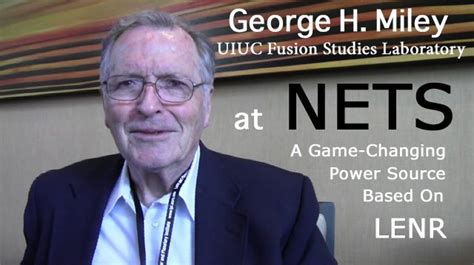A Quote by Roger Bacon
The strongest arguments prove nothing so long as the conclusions are not verified by experience. Experimental science is the queen of sciences and the goal of all speculation.
Related Quotes
Those who assert that the mathematical sciences say nothing of the beautiful or the good are in error. For these sciences say and prove a great deal about them; if they do not expressly mention them, but prove attributes which are their results or definitions, it is not true that they tell us nothing about them. The chief forms of beauty are order and symmetry and definiteness, which the mathematical sciences demonstrate in a special degree.
Restoration ecology is experimental science, a science of love and altruism. In its attempts to reverse the processes of ecosystem degradation it runs exactly counter to the market system, to land speculation, to the whole cultural attitude of regarding the Earth as commodity rather than community. It is a soft-souled science.
There are a whole other range of sciences that must deal with the narrative reconstruction of the inordinately complex events of history that can occur but once in their detailed glory. And for those kinds of sciences, be it cosmology, or evolutionary biology, or geology, or palaeontology, the experimental methods, simplification, quantification, prediction and repetition of the experimental sciences don't always work. You have to go with the narrative, the descriptive methods of what? Of historians.
..all arguments concerning existence are founded on the relation of cause and effect; that our knowledge of that relation is derived entirely from experience; and all our experimental conclusions proceed upon the supposition that the future will be conformable to the past. .... Without the influence of custom, we should be entirely ignorant of every matter of fact beyond what is immediately present to the memory and senses.
Most of this film, however, is about interpretation - are these people terrorists or freedom fighters? Are they good or bad? Is cutting timber good or bad? And I don't feel like the answers to those questions are simple, so we don't try to answer them for the audience. I wanted to elicit the strongest - and most heartfelt - arguments from the characters in the film and let those arguments bang up against the strongest arguments of their opponents.







































